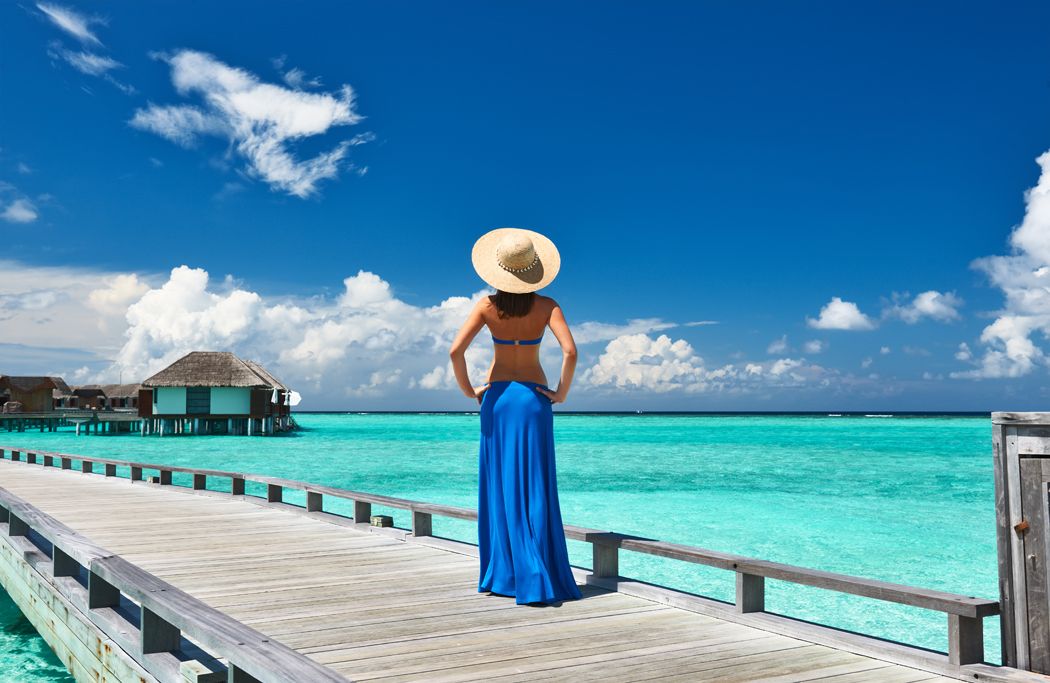
Maybe it’s because we are already in the last half of the year, but within the past 30 days, there have been a number of articles, from diverse sources, about the changing face of luxury. Those of us who have written about the evolution of luxury have found these ideas quite compelling, as the thought leaders quoted here have made us re-think about what is happening in flexible dimensions of luxury branding that impacts high-end purchasing. These may be the bellwethers of long-term change—and it is good to keep abreast of these ideas.

The first is in an article, dated July 2, 2015, in The Creative Review. Tim Milne, creator of Artomatic, and well-known British conceptual producer and artist, writes, Is Apple Redefining Luxury? He theorizes that the Apple Watch could be considered both a symbol and reality of this redefinition, saying that "making the brand more luxurious helps to sell watches, but selling watches also makes the brand appear more luxurious." This, he believes, is a new kind of luxury, one that is not based on exclusivity and privilege. Rather, it allows the brand, as others have, to create a combination of affordability with self-indulgence that defines a new definition of luxury product.
He commented, “All of these brands are creating a new kind of collective and inclusive aspiration that tugs hard at emotional motivations to self-nurture because everyone else is.” What he is implying is a kind of democratization of luxury, which appears to be part of its refreshed, evolving definition.

Another thought leader has commented on this dimension. Jonathan Ford, Founding Creative Partner of Pearlfisher, an international brand design agency, was recently interviewed by Sophie Doran, Editor-in-Chief at Luxury Society. He discussed the changing views on what luxury is and isn’t. “Our perception of luxury and what we now expect from luxury products and services—has changed,” he said. “Once elitist and accessible just to the rich, luxury has now democratized to become the aspiration of millions and is readily accessible to more and more each day.”
But he also added, “Luxury is no longer just about a brand name or solely synonymous with material things. A sense of time, experience and value are intrinsic to enriching today’s luxury offer and should be the building blocks that help us create new definitions of luxury in the future.” Carrying this further, he delineates three key shifts in this changing definition; the first is, rather than constant acquisition of product, a deeper contemplation and appreciation of brand. This slowing down could be associated easily with the hugely popular slow food movement, eating mindfully, tasting the textures and leaving the fast-food life.

Second, is the movement from expressive to impressive, seeking out the positive luxury impression guided by a great experience, instead of expressing luxury through living the acquisitive, fast-buy life. “A survey by BCG (Boston Consulting Group) claims that 51 percent of US luxury consumers are now looking for ‘these enriched experiences’ over product,” he explained. “And a new and growing experiential luxury movement is tapping into this. We are seeking new ways to take time out, slow down, contemplate and appreciate.” To that end, travel is an exceptional match for this new idea, in that the accommodations, the food, the décor, the cachet of the hotel or cruise ship, is becoming as important as the destination itself.
There are two e-commerce sites that seem to define Mr. Ford’s third trend—philanthropic luxury—that makes luxury and democracy move even closer. The e-commerce site, Zady, is selling clothes by enticing customers to buy fewer pieces at the highest quality to promote longevity and timelessness. Similarly, U.S. minimal luxury fashion and lifestyle brand, Everlane, creates a ‘radical transparency,’ with the awareness that consumers have the right to know what a product costs to make, and where they are made.

Finally, Olivier Jolivet, President of AMAN Resorts, was recently interviewed by Wealth-X, a luxury news platform. He discussed his brand in detail, and hinted at its evolution. “The Aman brand is about discretion, elegance, impeccable service and minimalist design. We don’t plan on changing these brand pillars. But we have to bring Aman into the 21st Century. The old guard of ‘Aman Junkies’ is being joined by a new generation that has different needs in terms of technology and accessibility.”
In the near future, the luxury brand, and the concept of luxury itself, may evolve with deeper elements of slowness, of more ponderous thought, all moving from expressions of luxury in terms of acquisition to luxury in terms of story and experience.









